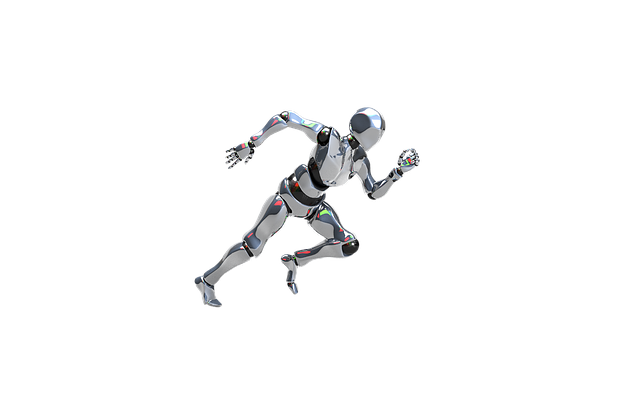The landscape of modern business is evolving at a breakneck pace, and at the forefront of this transformation are artificial intelligence modules that are significantly enhancing the capabilities of robotics. Imagine a workplace filled with machines that do not just follow commands but learn, adapt, and improve their functions over time. This is the reality that businesses are embracing as they incorporate robotics into their operations.
Robotics, once confined to the realms of manufacturing floors and assembly lines, has now seeped into various sectors such as healthcare, logistics, and customer service. The fusion of robotics with artificial intelligence modules allows these machines to handle increasingly complex tasks that were once thought to be exclusive to human intelligence. In an era where efficiency equals profit, businesses are turning to these advanced technologies to reduce costs and improve productivity.
Automation in business, powered by artificial intelligence, does not merely replace human labor; it transforms the workplace. Organizations are utilizing intelligent robots to automate repetitive tasks, such as inventory management and data entry, freeing human employees to focus on strategic initiatives that require creativity and emotional intelligence. This symbiotic relationship between man and machine fosters a more engaged and innovative workforce.
Consider the application of artificial intelligence modules in customer service. Robots equipped with natural language processing capabilities can handle customer inquiries, recommend products, and even resolve complaints without human intervention. This not only enhances efficiency but creates a 24/7 support system that can serve customers when they need assistance the most. With machine learning, these AI-powered systems continually refine their understanding based on customer interactions, resulting in improved responses over time.
The integration of robotics in businesses is also redefining supply chain management. Autonomous drones and delivery robots are emerging as viable solutions for logistics companies, slashing delivery times and reducing operational costs. With the ability to analyze real-time data, these robots optimize routes and make split-second decisions, ensuring that the goods are delivered to the right place at the right time.
Furthermore, the healthcare sector is witnessing a revolutionary change thanks to the marriage of robotics and artificial intelligence. Surgical robots, equipped with AI modules, assist surgeons by enhancing precision and reducing the risks involved in intricate procedures. These robots analyze vast amounts of medical data, providing insights that contribute to better patient outcomes and streamlined processes.
While the benefits of adopting robotics infused with artificial intelligence modules are manifold, businesses must also address the challenges that accompany this technological shift. There is a palpable anxiety among the workforce regarding job displacement. It is crucial for organizations to navigate this transition thoughtfully, ensuring that employees are retrained and equipped to work alongside these sophisticated machines rather than being rendered obsolete.
As we delve deeper into this new era of business, the role of artificial intelligence modules in robotics cannot be overstated. They are more than just components; they are the catalysts that are pushing the boundaries of what is possible in automation, making businesses more agile, efficient, and competitive. The future is undeniably bright for organizations willing to embrace these technologies, and those who adapt will be the ones paving the way for tomorrow’s innovations.




